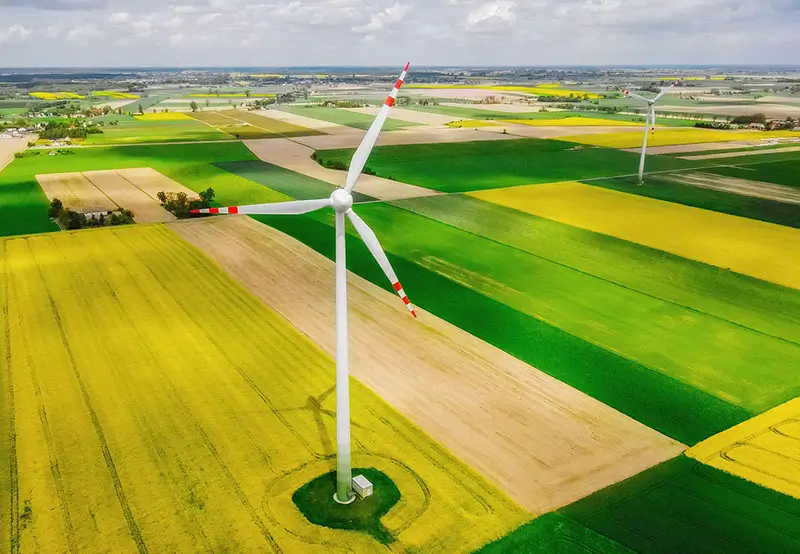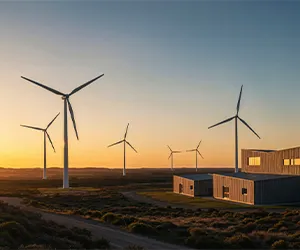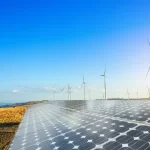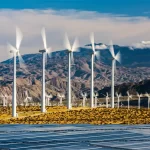How Green Energy Drives Economic Growth: Types, Benefits & Impact
Today the world is changing really fast and there was never a moment when the demand for sustainable solutions was so enormous. Every government, business and individual is switching to cleaner sources of energy as a way of reducing their carbon foot print and creating a sustainable future. But, abandoning the aspects of its environmental utility, green energy plays a considerable role in the economy of most nations around the world. In this article, we will explore what green energy is, its economic impact, the advantages of renewable resources, the effects of renewable energy on job creation, and the types of renewable energy that are revolutionizing industries.
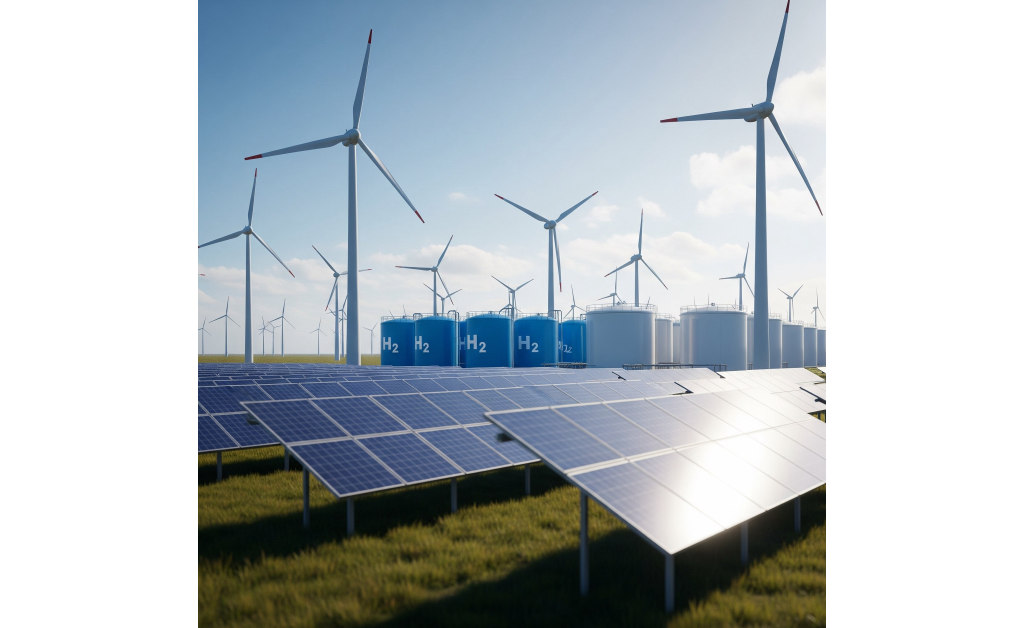
What Is Green Energy?
Green energy can be termed as the power that is produced using natural, renewable sources resulting in minimal or no environmental impact. In contrast to fossil fuels, which emit toxic emissions and lead to global warming, green energy is produced from solar, wind, hydro, biomass, and geothermal sources. The forms of energy are naturally replenished as they are consumed, hence providing sustainable means of powering homes, businesses, and industries. The shift towards green energy is commonly referred to as the green energy revolution, since it revolutionizes how we generate and use electricity.
Types of Renewable Energy
There are several types of renewable energy, each contributing to the growing green energy sector:
Solar Energy – Solar energy has been said to be the fastest developing source of renewable energy and it provides power in the electrical form to homes and companies.
Wind Energy– It is one of the highly effective sources of energy which is utilised in terms of wind turbines and also serves a lot in providing electricity to the world.
Hydropower Energy – Hydropower is produced by the use of flowing or falling water. Hydropower production is as stable as any source of energy, but it is also one of the widely explored sources of renewable energy and is hardly affected by any force.
Geothermal Energy – It is the energy that is harnessed by the hot centre of the earth and can be used in producing power and also heating.
Biomass Energy – This is one of the forms of alternative energy which consists of using organic materials in order to produce energy, such as the use of wood, crop, and wastes.
Advantages of Renewable Resources
The advantages of renewable resources go beyond just environmental benefits. They significantly impact the economy, society, and overall energy security. Here are some key benefits:
Job Creation – The green energy sector creates millions of manufacturing, installation, and maintenance jobs.
Energy Independence – Nations that depend on renewable energy diminish the reliance on foreign-imported fossil fuels, which increases national security.
Cost-Effectiveness – As the technology improves, the cost of producing renewable energy is going down, thus it is cheaper compared to fossil fuels.
Sustainability – Because renewable resources are continuously replenished naturally, they offer a lasting solution to the world’s energy requirements.
Decrease in Health Hazards – Green power decreases air pollution, thus causing less health problems due to harmful emissions of fossil fuels.
Effects of Renewable Energy on the Economy
The effects of renewable energy on economic growth are profound. Investing in green energy leads to multiple financial benefits, including:
More Job Opportunities – Renewable energy sectors generate employment opportunities in industries such as manufacturing, engineering, and technology.
Local Economies Growth – Green energy projects lead to investments, enhance infrastructure growth, and generate tax revenues.
Reduced Energy Expenses – As renewable technology improves, the cost of energy falls, saving consumers and businesses.
Fostering Innovation – Clean energy needs drive research and development in battery storage, energy efficiency, and smart grid technology.
Resilience Against Economic Crises – Green energy lowers reliance on unstable fossil fuel markets, promising stable energy prices.
The Green Energy Revolution
The green energy revolution is reshaping global economies by driving innovation, reducing environmental damage, and promoting sustainability. Countries all over the globe are undertaking ambitious goals that are renewable energy-related and companies are turning to cleaner forms of energy. Big business is putting investment on green power in order to achieve sustainability targets, and funds are being allocated by financial facilities to support green power.
The shift is not merely carbon footprint declining, this is towards constructing a highly sustainable and uncircumventable economy. The countries that are pioneers of the green energy paradigm record a growth in their economy, reduced unemployment rate, and are stronger competitors in the world energy market.
Conclusion
The need to switch to green energy is not just for environmental reasons; there will also be an economic shift. Understanding what is green energy, the types of renewable energy, and the advantages of renewable resources helps us recognize its vital role in job creation, energy security, and overall economic prosperity. The effects of renewable energy on different sectors underscore its significance in creating a sustainable future. As we move further into the green energy revolution, embracing clean energy solutions will pave the way for long-term economic stability and environmental well-being. When companies invest in green energy now, they are guaranteed of a prosperous future for businesses, communities, and countries of the world.

